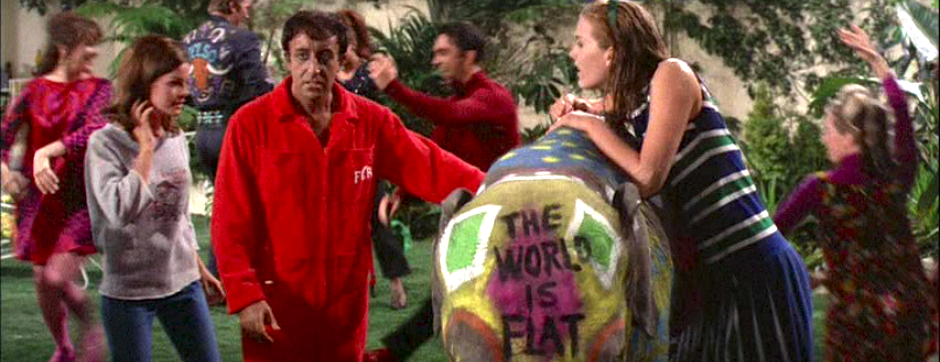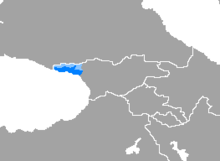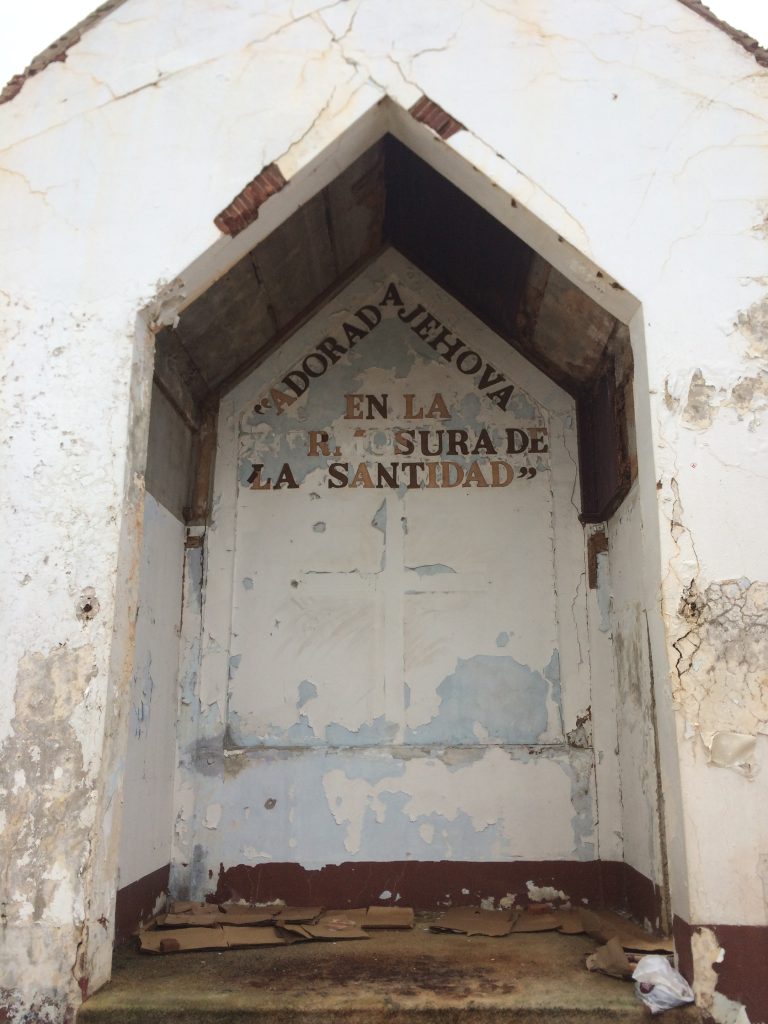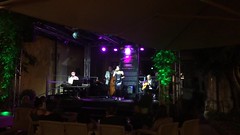
That a defense of Facebook et al come from a blogger–a Cuban blogger– has some effects on me. I’m talking about Yoani Sánchez, the Cuban disruptive blogger who taught blogging while being persecuted by authorities. So I read with some surprise her defense of FB on El País (De carnes rojas y redes sociales), last 4th March.
Los promotores de esta actitud obvian la importancia de estas plataformas para la denuncia, difusión y protección de innumerables movimientos y personas en este planeta.
Escapar de las redes sociales porque en ellas se comparten noticias falsas, abunda la frivolidad, los mensajes de odio y hasta peligros más graves como el acoso sexual, es una forma de dejarle el terreno libre a quienes promueven esas prácticas y hacen de Internet un lugar cada día menos seguro. Es una actitud similar a la del ciudadano que no va a votar.
Sure, I can understand that Facebook, like other social networks, are of huge help for expression everywhere… except where they are prohibited or censored, which is awfully a huge lot. And no, Yoani, it’s not similar to the right people have to not vote, because that, in a true democracy, is a choice.
‘s Why Facebook’s news feed changes are bad news for democracy (The Guardian, 21st January) makes a counter-argument.
Last year when Facebook experimented with its news algorithm changes in six small markets – Guatemala, Slovakia, Serbia, Sri Lanka, Bolivia and Cambodia – news organisations saw their reach tumble by more than half. The Serbian journalist Stevan Dojcinovic wrote a stinging op-ed in the New York Times blasting Zuckerberg for treating fragile democracies as laboratories for his products.
Helpful for expression??
Facebook’s use and misuse in the Philippines, Myanmar and Russia, among others–China, with which it stroke a censoring agreement, like Google did– show FB has no will to control its use, and it lets regimes abuse the lack of structures to enforce its own rules. Of course, what strikes me most is that Yoani forgets that our worry with Facebook’s monetization (awful word, I know) and abuse of our own data actually helps dictators and caudillos in their profiling and tracking people. A STASI we all contribute to, voluntarily. This is why, by the way, in Iran and Russia people use Telegram, which offers “true” privacy, but of course not Facebook). And their respective governments are trying to outlaw it
There is another motive to shift our attention from Facebook and focus it onto the open Web, instead. It’s not so much a matter of ditching FB, but to understand its (possible ephemeral) role in our communication. Better use the open web, like Yoani did and taught to do before and I believe still does, to create stuff and share it out of the silos that endanger the Web.
I do use Facebook, though not frequently, and appreciate communicating with a few friends whom I wouldn’t be able to connect to elsewhere. And I appreciate people who have a well-curated feed that help them make sense of news and rumors. I simply got bored of that, and of the seemingly randomness of the feed I get, piloted by an algorithm I don’t see and minimally control.
I even get to understand those who setup a “page” within Facebook as their primary Web identity, forgetting or not knowing that you can actually create, practically for free ($), a free (freedom) webpage with WordPress or similar environment. It escapes me why some people prefer an address like facebook.com/thisisme to thisisme.com or thisis.me. No idea. Some people prefer the initial convenience Facebook gives them to the real freedom of controlling and owning their work and digital identity.
I can’t stop quoting Cole Camplese’s excellent post My Internet: One Course At A Time, –the bold is mine:
Why I always insist on using a course blog as the hub of the teaching and learning experience. I think I know why based on that reflection tonight — for the duration of the semester I get to create the Internet I love.
Go extend that semester to the whole year, people.
Enjoy and defend the (only) “online space that we co-own, co-create, and co-engage in“. And which does not get monetized fraudulently by anyone and which does not track anyone.
I teach with this well in mind, every time. I know I’m helping youngsters take ownership of the Web and appreciate its open nature.
[Featured image: Flickr photo with no title, by régine debatty. CC-Licensed BY-SA.]













